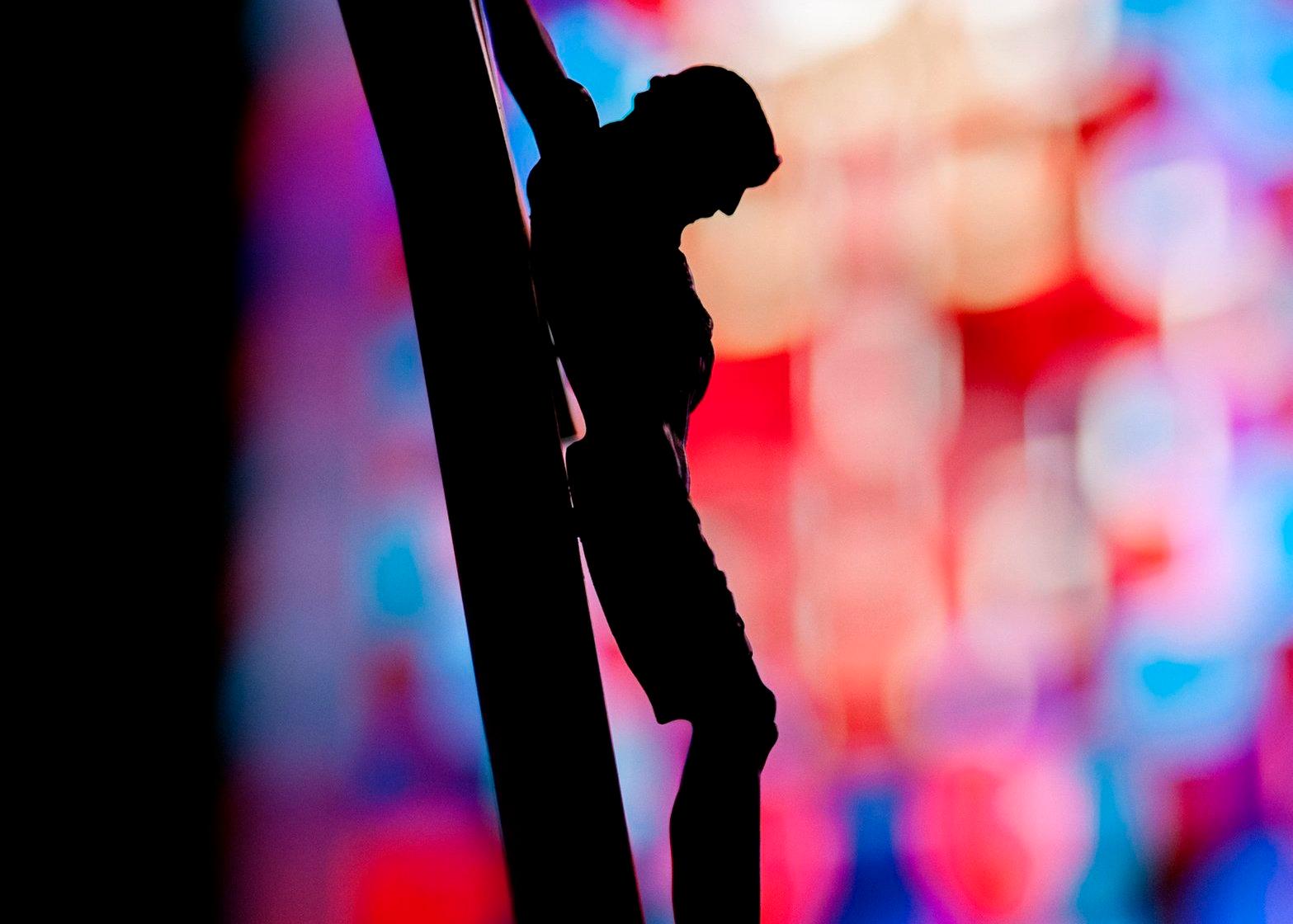As we continue our walk through the Church’s month of the dead, it’s an opportunity for us to also address suffering. For, honestly, no discussion of human life would be complete without addressing suffering. Suffering within our souls, but also suffering in our bodies and within the natural world.
Such an arena of suffering begs transcendental questions, religious questions, within our hearts. It is in such questions that the spiritual contribution of the Christian faith can be most clearly seen and appreciated since the Lord Jesus, who experienced the fullness of human life, understood and accepted all forms of suffering and teaches us the truths and power that can be born from such suffering.
Ever since humanity’s fall from grace, suffering has been an evil within human life. Christian theology has always seen suffering as a consequence of the original sin of Adam and Eve. In taking on our human nature, Jesus Christ accepted suffering as the means of our salvation.
All the sufferings of the Lord Jesus culminated in the cruelty and torture of his passion and the humiliation and asphyxiation of his death, which he chose to accept as the means to manifest his love and self-donation for humanity. Suffering itself would become the instrument of salvation.
In taking on human suffering, the Lord Jesus went directly to its darkness. He sought to heal it from the inside out. While it is usually the case that anything unclean touching something clean renders it unclean, here it is the other way around: when the world, with all the injustice and cruelty that make it unclean, comes into contact with the pure one – then he, the pure one, is the stronger. Through this contact, the suffering and sin of the world is absorbed, wiped away, and transformed into a sacrifice of love.
As Pope Francis teaches us: “Today I want to tell you one thing first of all: know that you are not alone. Know that you are never alone. Know that God our Father has answered our cries and our questions, not with words, but with a presence that accompanies us, that of His Son.”
The cross of Christ on Calvary is a witness to the strength of love over evil, of goodness over the evil of suffering. In this way the cross of Christ, on which the Son, consubstantial with the Father, renders full justice to God, is also a radical revelation of mercy, or rather of the love that goes against what constitutes the very root of evil in the history of man: against sin and death.
In the Garden of Gethsemane and by the full weight of his passion, death, and resurrection, Jesus Christ proved his association with suffering humanity and began his passion which destroyed the power of sin and death.
Jesus Christ, therefore, stands as an exemplar of what it means to be a human being, and he shows the human family how to live as the children of God. Truly this witness stands as a model of self-donation and self service to others. It shows the power of suffering and its redemptive power. The witness of the Lord Jesus is a perpetual invitation to unite our own sufferings with those of his and allow our own pain to become redemptive in him.
As Christians, we receive this call to redemptive suffering. Quoting Saint Paul, we are called to “make up for what is lacking in the sufferings of Christ”—namely, to unite our sufferings with those of Christ and to offer them up for our good and the good of all humanity.
While the ministry of Jesus Christ has destroyed the kingdom of sin and death, the consequences of sin still remain in the human experience. The difference, however, is that suffering—while an evil caused by original sin—can now become redemptive for us and the entire world. Rather than seeing suffering in merely negative terms, the example and ministry of Jesus Christ now shows the human family a positive way in which suffering can be seen and accepted in human life.
This is the call to redemptive suffering. It is our inheritance now in the crucified and risen Christ. The promise has been fulfilled, salvation is being offered, hope is reborn, and our task lies ahead of us. Will we accept it? Will we follow the Lord Jesus in his suffering? Will we offer up our sufferings with his?
Portions of today’s column were taken from Father Kirby’s new book, Manual for Suffering (Charlotte: Saint Benedict Press). Follow Father Jeffrey Kirby on Twitter: @fatherkirby














